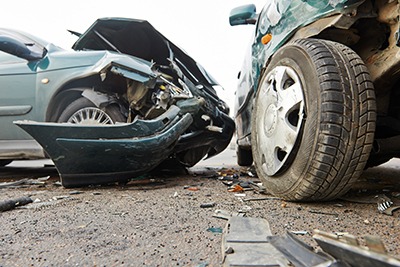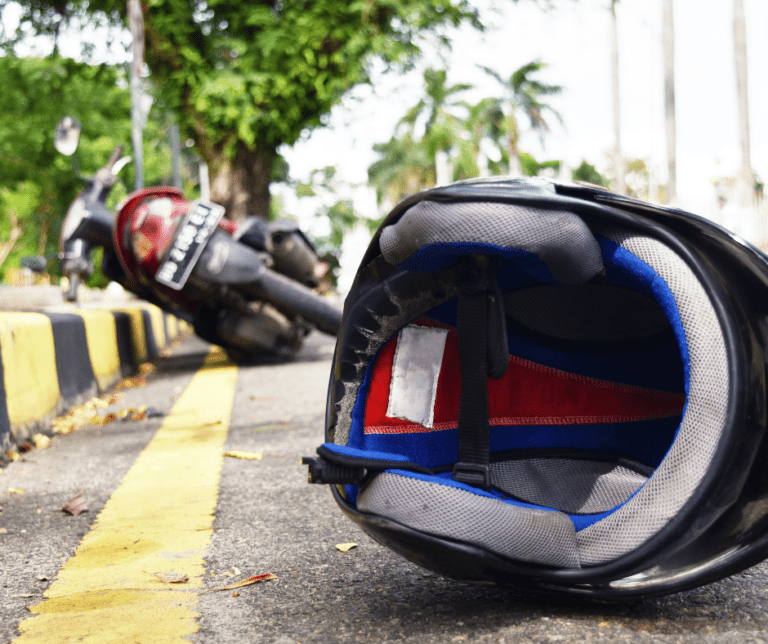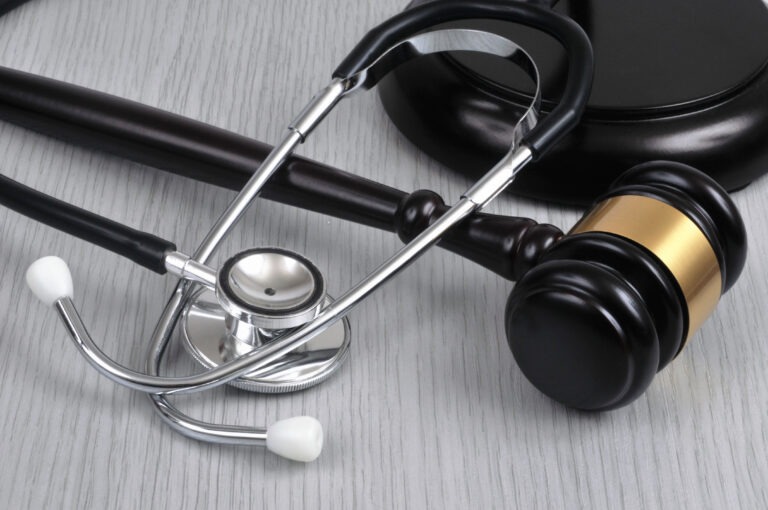Why Choose Chaffin Luhana?

When to Hire a Pittsburgh, PA Personal Injury Lawyer
Pittsburgh, like many cities, experiences its share of accidents resulting in injuries. In 2020, Pennsylvania saw over 104,000 traffic crashes, leading to 1,129 deaths and 61,248 injuries. Allegheny County alone reported over 2,200 animal bites, mostly from dogs. Additionally, Pittsburgh had 23 fatal work injuries in 2018, with falls being a major cause.
Accidents can disrupt your life, leading to medical treatment, lost income, and even permanent disabilities. Your family may also feel the impact, especially if you’re unable to work. Even with insurance, you may face challenges with claims or denied responsibilities.
At Chaffin Luhana, we’re here to help. Our experienced attorneys can guide you through claims, insurance negotiations, and medical bill management to ensure you receive the compensation you deserve.
For a free consultation, call us at 1-888-480-1123 today.
What Our Clients Are Saying
Why Choose Our Pittsburgh Personal Injury Lawyers
At Chaffin Luhana, we understand the profound impact a personal injury can have on your life. Our experienced personal injury attorneys are deeply committed to providing compassionate and effective legal representation to Pittsburghers navigating these difficult circumstances through no fault of their own. We offer unwavering support and guidance through every step of the legal process, recognizing the emotional and financial strain you’re experiencing. While we aggressively negotiate with insurance companies and tirelessly advocate for the maximum compensation you deserve, our primary focus is on providing the empathetic and personalized support you need during this challenging time.
Cases We Handle in Pittsburgh, PA
How Not to Be a Lawyer
BY ERIC T. CHAFFIN
“My father was a union witness at an arbitration in a steel mill. After the hearing, my father, dressed in blue jeans and a sweatshirt, stuck out his hand to shake hands with the company’s lawyer. The lawyer refused. The lawyer unfortunately frowned upon working class people like my family. I was the first person in my family to graduate from college. My dad used this story to remind me to respect others, to remember where I came from and as an example of how not to conduct myself as a lawyer.”
What to Expect During Your Pittsburgh Injury Case
FREE Case Analysis
Submit your info using the form below for a FREE no-obligation case analysis. Please leave as many details as possible.
Legal Team Assigned
If your case is accepted, you’ll meet your dedicated attorney and legal team to help build your story and the strongest case possible.
We Work For YOU!
Your legal team goes to work making your case to maximize your potential resolution.
REMEMBER: You don’t pay anything out of pocket. We work to earn a portion of your settlement ONLY if we WIN your case.
You Can Expect Compassion and Empathy
At Chaffin and Luhana, we understand that reaching out to a law firm after an accident or personal injury in Pittsburgh, PA can be overwhelming. You may feel uncertain about what to expect, worried about being judged, or hesitant to open up to someone you don’t know.
With years of experience, we recognize that these feelings are completely normal. That’s why we prioritize offering every client compassion and empathy. From the moment you contact us, you’ll encounter a team that truly cares about your well-being and is here to listen without judgment.
We treat your information with the highest respect and take the time to answer all your questions, ensuring you never feel rushed or pressured. Our goal is to make the process as easy and stress-free as possible, so you can focus on what matters most: your recovery. When you’re ready to take the first step, you’ll have a compassionate team by your side, dedicated to helping you rebuild your life and secure the justice you deserve in Pittsburgh.
How to Select a Pittsburgh Injury Attorney
Hiring an attorney ensures you have a legal expert on your side to help you negotiate with insurance companies, investigate your case, gather expert witnesses, meet all your deadlines, and maximize your chances of receiving the compensation you need to recover.
What should I look for in a personal injury attorney?
Choose an attorney with:
- Experience: Look for a track record of successfully handling similar cases.
- Reputation: Look for positive reviews and client testimonials.
- Specialization: Look for expertise in personal injury law.
- Communication: Check to see if the firm offers clear explanations and regular updates.
Check their bar association membership, licensing in PA, and case history for relevant experience and success rates.
Most personal injury attorneys get paid only if you win your case. Then they take a percentage of your compensation. This arrangement eliminates upfront costs.
Research Pittsburgh firms and schedule free consultations to discuss your case. Firms like Chaffin Luhana can evaluate your situation and explain the process, helping you make an informed decision.
Law partners Eric Chaffin and Roopal Luhana, along with their families, established The Chaffin Luhana Foundation in 2010.
A not-for-profit organization, the Foundation encourages the development of human potential and supports community empowerment through the following activities:
- Scholarships: The Chaffin Luhana Foundation awards an annual scholarship to a student who helps us in the fight against distracted driving by submitting an inspiring personal essay.
- Financial gifts: The Foundation awards periodic financial gifts to institutions of higher learning to support scientific research and funds educational scholarships to students.
- Stephanie Victor Legacy Award: The Chaffin Luhana Foundation awards an annual financial gift to one deserving individual who overcame significant challenges and achieved great milestones in his or her life or career.
- Christopher & Dana Reeve Foundation: Chaffin Luhana has partnered with this organization to benefit those living with spinal cord injuries and paralysis.
Your Trusted Personal Injury Lawyer in Pittsburgh, PA
If an accident has upended your life in the greater Pittsburgh area, call us today for a free, no-obligation consultation. We understand the intense disruption these incidents cause and are dedicated to empowering you to secure the full compensation you deserve. Our goal is to help you rebuild and move forward. Connect with us now at (888) 480-1123.









